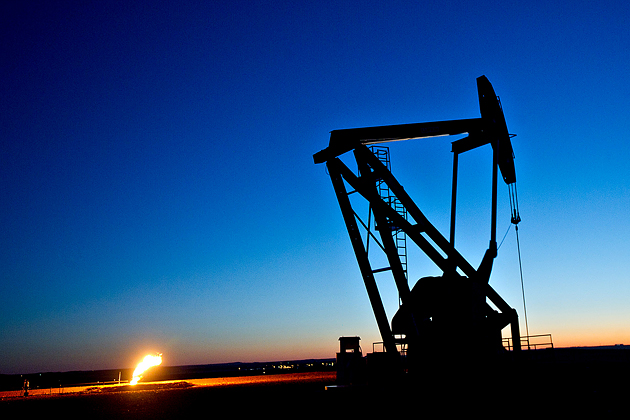Angola and the Democratic Republic of Congo (DRC) are set to make history with the signing of an agreement for the development of Block 14 on Thursday 13 July in Kinshasa.
The agreement, set to be signed by Diamantino Pedro Azevedo, Minister of Mineral Resources, Oil and Gas of the Republic of Angola and his DRC counterpart Minister Didier Budimbu Ntubuanga, will mark a major milestone in the collaboration between the two African nations and holds immense significance for both countries.
The signing of the agreement will authorize the Block’s ownership, with the DRC and Angola taking a 30% stake each while global energy major – and block operator –Chevron taking a 40% stake. The signing puts an end to decades-long deliberations between the countries and is a testament to both Minister Azevedo and Minister Ntubuanga’s commitment to advancing oil and gas exploration on the back of regional collaboration.
For Angola, the signing enables the country to leverage its experience as a major oil producer to grow both its domestic market and the regional economy. Boasting an abundant 9 billion barrels of oil reserves and producing over 1.08 million barrels of oil per day (February 2023), Angola stands out as an African oil powerhouse. The country has done exceptionally well in harnessing its own resources to advance economic growth, and continues to drive a series of impactful project developments across the entire energy value chain. This success makes the country the partner of choice for up-and-coming oil producers such as the DRC.
By leveraging its position as a significant oil producer, Angola seeks to advance regional basin development and encourage cooperation across the African energy industry. Sharing knowledge and expertise with the DRC will not only strengthen their bilateral relations but also contribute to the overall growth and stability of the region.
For the DRC, this represents a breakthrough in its pursuit of new oil supplies and joint development opportunities. The signing of the deal and associated development of the Block will enable the DRC to increase daily crude oil production. As one of the largest countries in Africa, the DRC has long sought to tap into its abundant natural resources, especially its unexploited oil deposits. The country boasts up to five billion barrels of reserves, and the agreement with Angola paves the way for several paths of cooperation and significant information exchange, allowing the DRC to capitalize on Angola’s profound expertise and extensive experience as a prominent oil producer. This partnership is set to unlock several exchanges across a range of areas, including but not limited to technology transfer, best practices in exploration and production, refining and processing techniques, and efficient management of oil resources. Angola’s valuable insights and lessons learned can be instrumental in enhancing the DRC’s own oil sector, optimizing its operations, and maximizing the economic potential of its petroleum resources.
The Chamber acknowledges and commends both governments and their respective teams for their exceptional leadership and dedication in successfully finalizing this monumental deal. The negotiation process for this agreement spanned an impressive two-decade period, during which the combined efforts of both governments were crucial in overcoming various challenges and preventing further delays on the project.
This landmark deal not only paves the way for extensive exploration activities in the DRC, but also serves as a catalyst for promoting regional collaborations. By fostering partnerships and cooperation, this agreement unlocks significant opportunities for cross-border initiatives and mutually beneficial ventures among neighboring countries.
The African Energy Chamber recognizes the immense significance of this achievement, which has been made possible through the unwavering commitment and collaborative spirit demonstrated by both governments and their dedicated teams. Their unwavering determination and tireless efforts have paved the way for a new era of exploration and regional cooperation in the DRC and beyond.

 News3 weeks ago
News3 weeks ago
 Business3 weeks ago
Business3 weeks ago
 Technology3 weeks ago
Technology3 weeks ago
 Investment3 weeks ago
Investment3 weeks ago
 Banking Sector3 weeks ago
Banking Sector3 weeks ago
 Banking Sector3 weeks ago
Banking Sector3 weeks ago
 Appointments3 weeks ago
Appointments3 weeks ago
 Investment3 weeks ago
Investment3 weeks ago






















